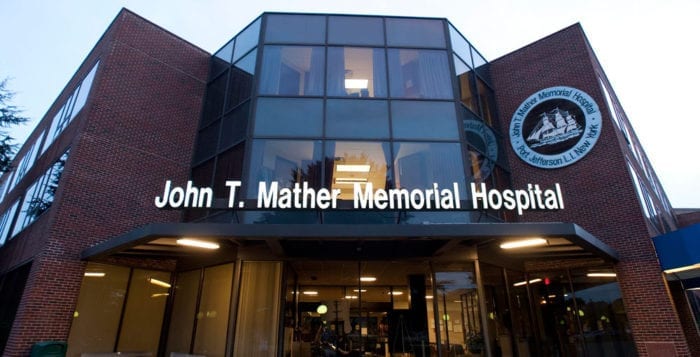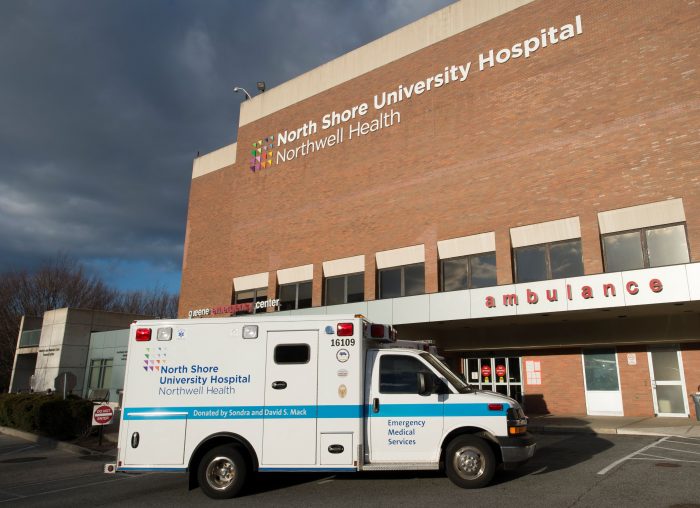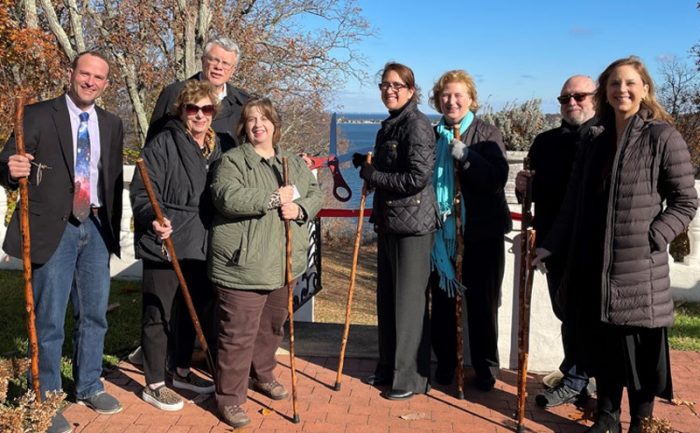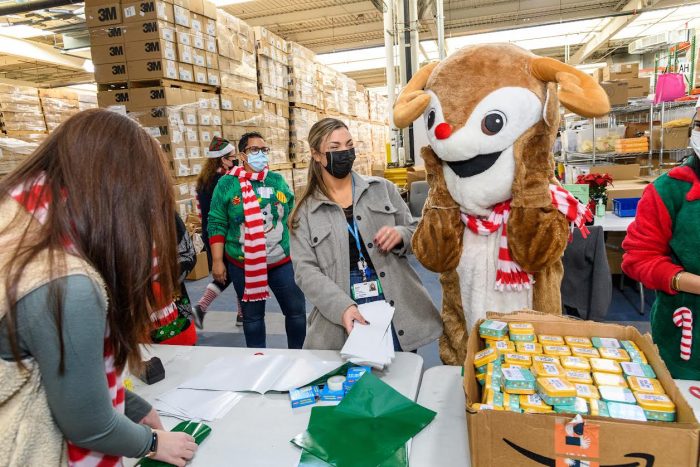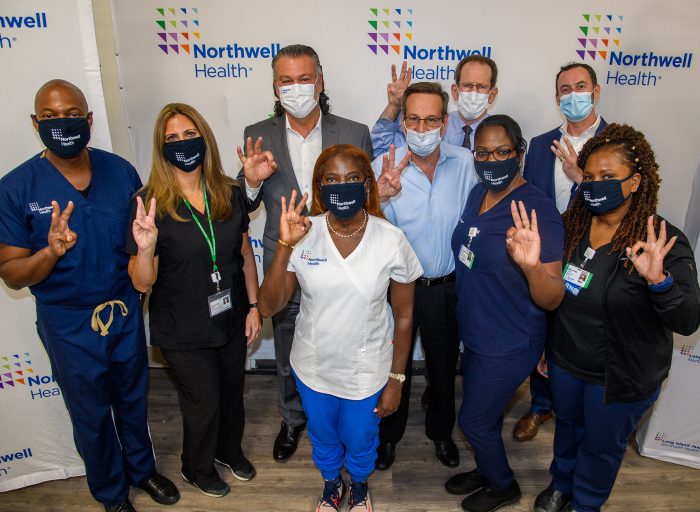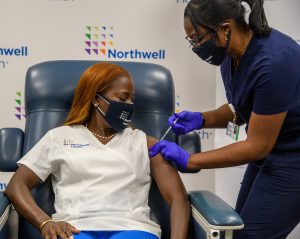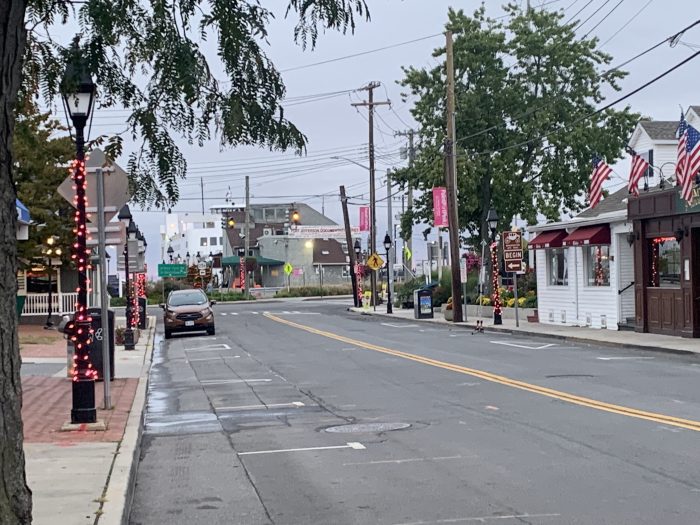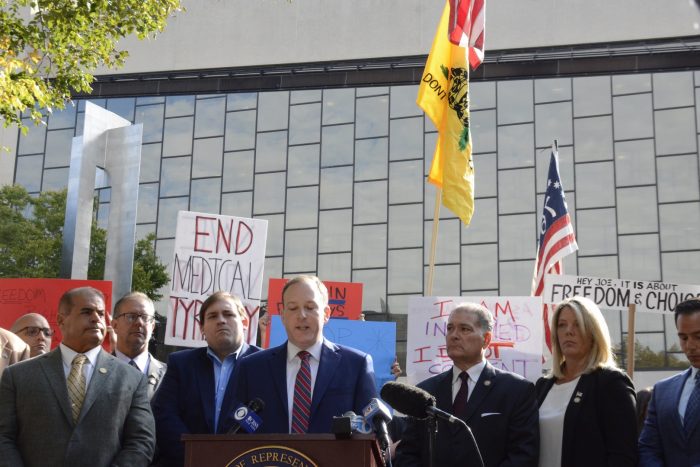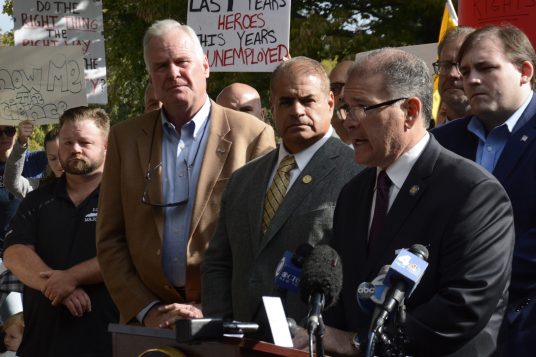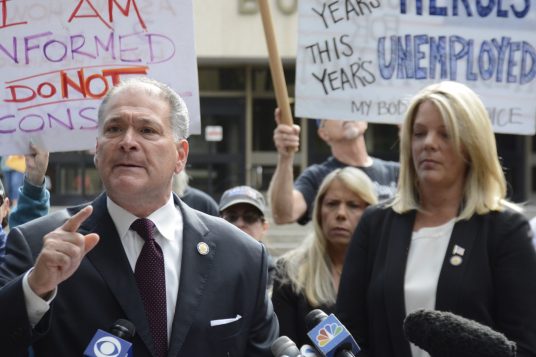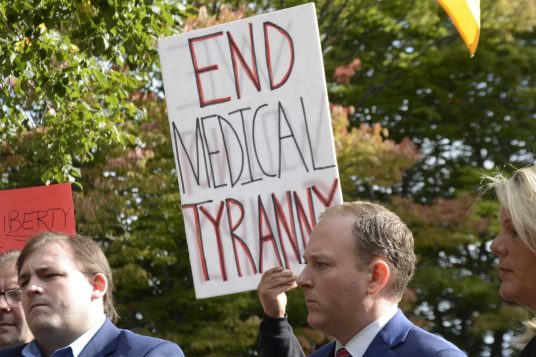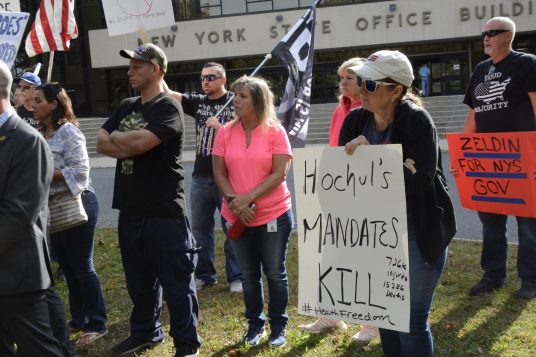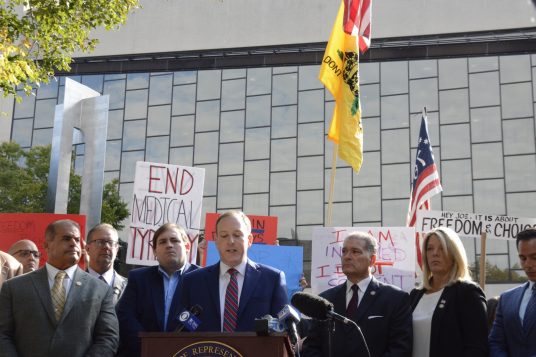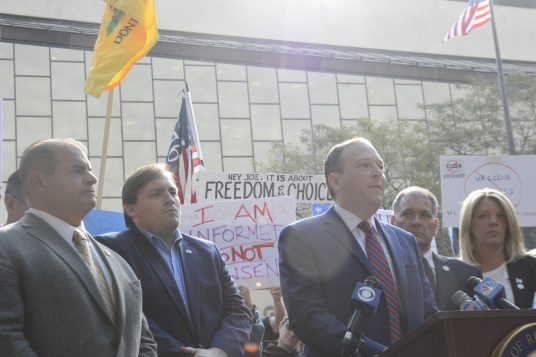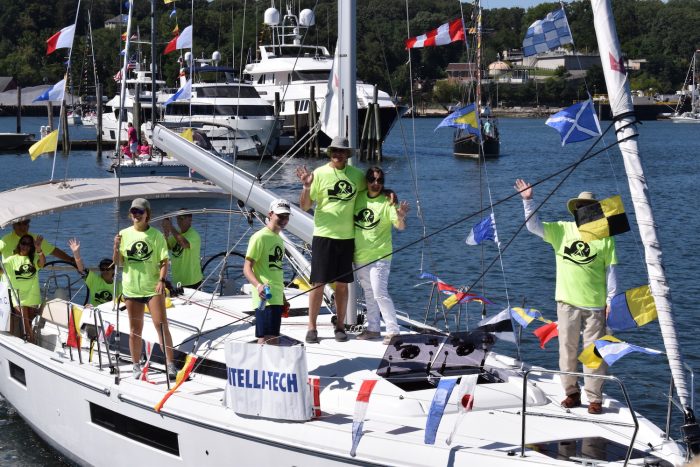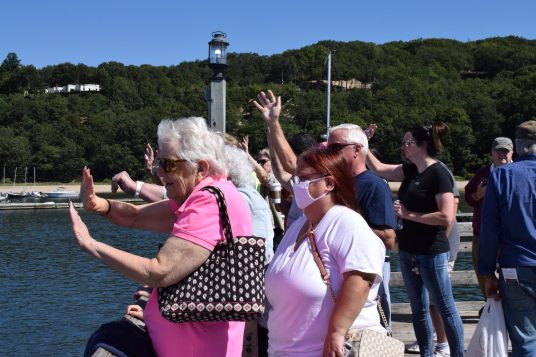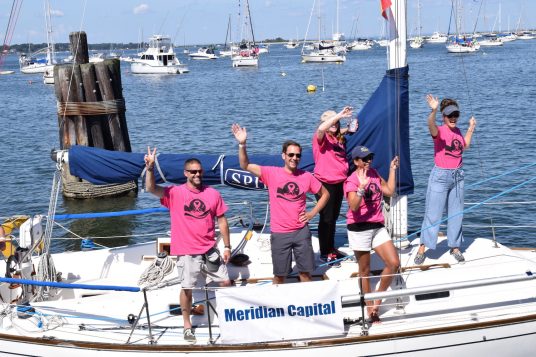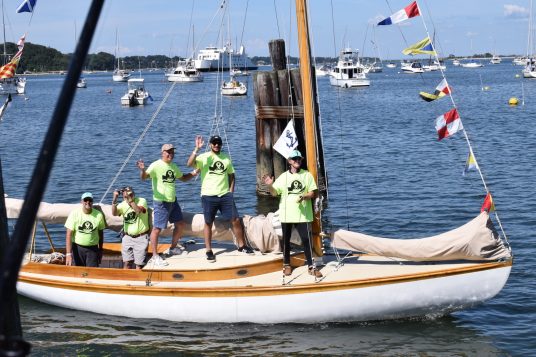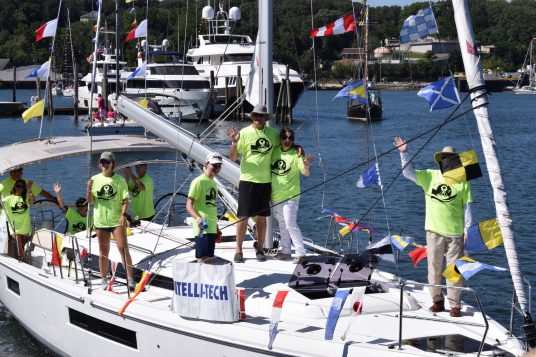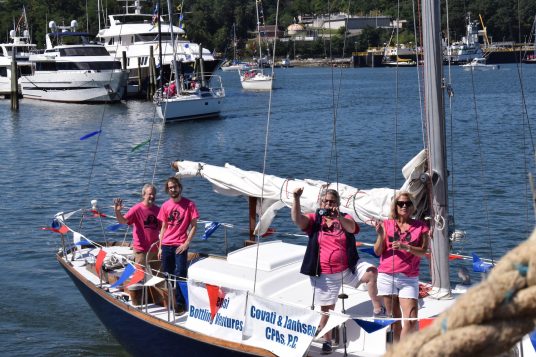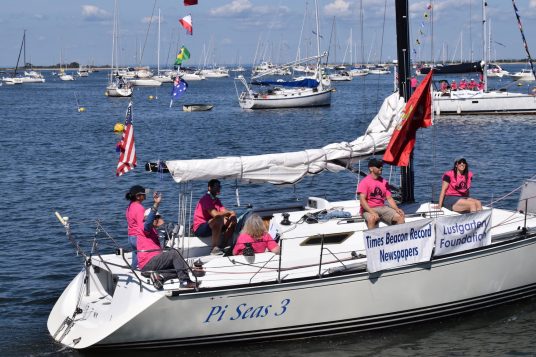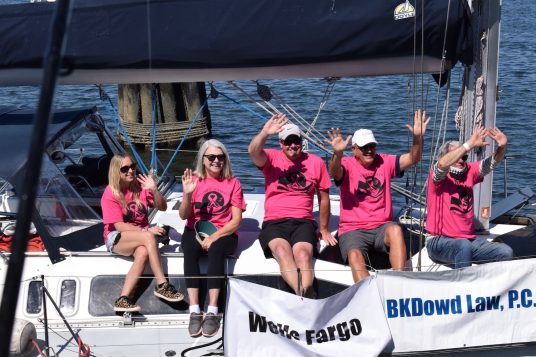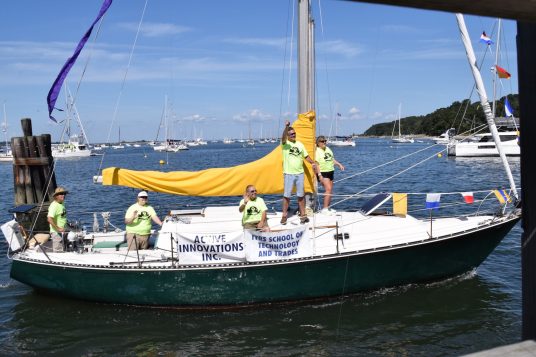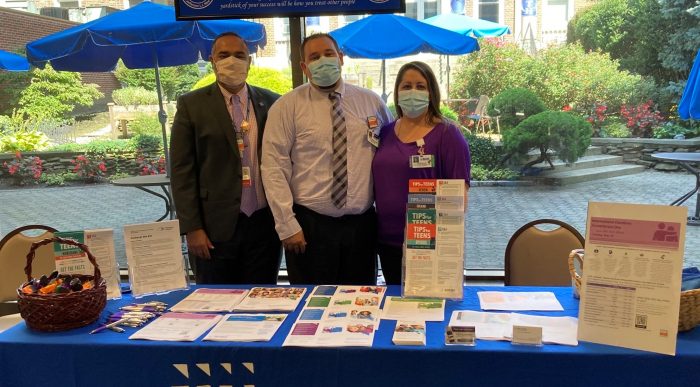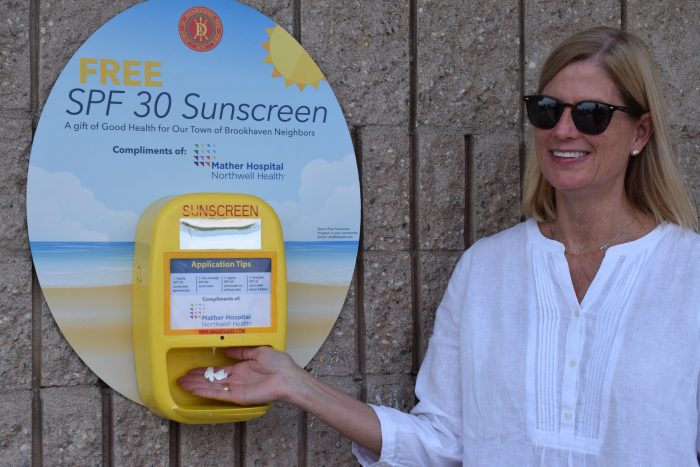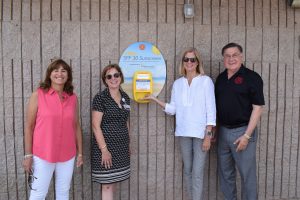Update: The virtual public hearing has been postponed to Thursday March 3, 6:30 p.m.
A public hearing for the Mather/Northwell Hospital Master Plan will be held by the Port Jefferson Village Planning Board on Thursday, Feb. 10 at 6:30 p.m.
Major aspects of the proposed master plan will include expansion of parking; updates to the emergency and surgical departments; modification of traffic patterns, and more.
The plan would be completed in three or four phases: In phase one, Mather/Northwell looks to: expand its northern parking area; expand and fit-out its emergency department; begin expansion of its surgical department; relocate and build-out its heliport; construct an exterior storage building; and complete North Country Road improvements.
As the result of traffic studies, a new traffic signal is proposed for North Country Road. In phase two, Mather/Northwell would complete the interior of their newly expanded surgical department.
In phase three, Mather/Northwell proposes to expand their main lobby on the south face of the building. If there is an increased need for parking in the future, Mather would build a parking deck over a portion of the existing south-east parking lot as the plan’s phase four.
Phase one’s northern parking expansion is proposed for the northeast corner of the property, where there are currently multiple acres of woodland and walking trails.
In comments requested by the Planning Board, the Port Jefferson Village Architectural Review Committee suggested that the parking structure — not the expansion of the northern parking lot — should be the first form of parking expansion.
The comments read, “These issues do concern the fabric, both built and natural, which make up the architectural character of a neighborhood. We also wish to state that we do not object, and in fact strongly encourage, the building of a parking structure of the type shown. We suggest that it should be a first strategy, and therefore in lieu of the additional clearing/removal of natural habitat and walking trails which is proposed.”
In Planning Board work sessions, Mather/Northwell has expressed that they hope not to build the parking structure because of the expense it would add to the project.
At Thursday’s virtual public hearing, viewers will be given a presentation about Mather/Northwell’s master plan and then be able to give comments via Zoom.
The Zoom meeting link, project map, and more can be found at portjeff.com/virtualmeetings in the Planning Board Materials section. Anyone wishing to submit comments about this project may do so by emailing or sending a letter with comments to Cindy Suarez at the Planning Department, [email protected].
Comments may be received prior to or within 10 days of the Feb. 10 public hearing. The meeting will be recorded and posted to The Village of Port Jefferson’s YouTube channel.
Towards the conclusion of the Feb. 3 Planning Board work session, board Chair Ray DiBiase said, “Let’s see what the public has to say.”

